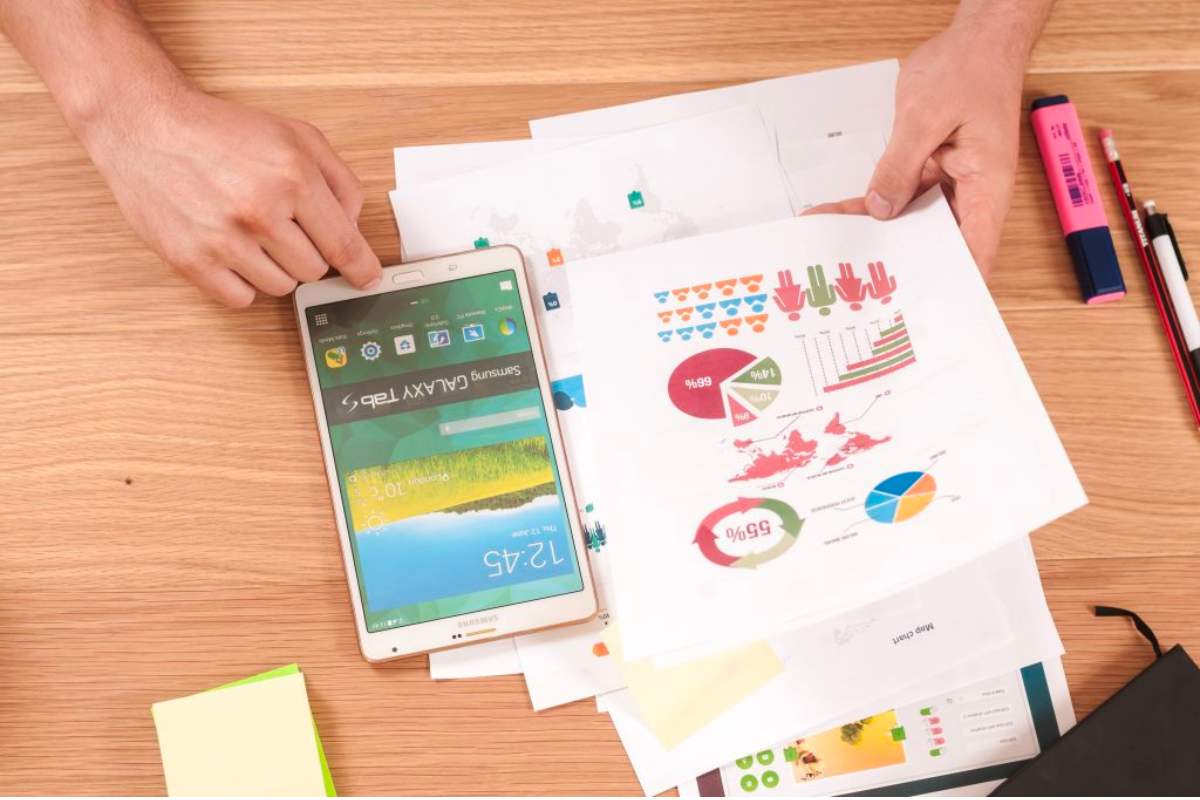SUBSCRIPTION POV #3
By Morten Suhr Hansen
An exciting and interesting trend has hit our office here at Subscrybe with growing strength. More and more companies getting in touch with us, are B2B companies, interested in offering their products and services in some form of subscription.
It hasn’t always been like this! The great subscription movement from the 2010s was centered around large, consumer-focused areas, with media and entertainment as the leading industries. Since then, a long line of retailers jumped on the wagon, and today, companies like Netflix, Spotify, and Amazon (with Amazon Prime) are mentioned as the brightest stars in the subscription sky. But perhaps that picture will look completely different 5 or 10 years from now.
I Subscrybe lever vi af at rådgive virksomheder, som gerne vil i abonnement, og vi kan konstatere, at de mange henvendelser også bliver til reelle kunder og projekter. Af de 10 seneste nye kunder, som vi har fået, er seks af dem B2B-virksomheder.
At Subscrybe, we live for consulting companies that want to enter subscription and we can confirm that much of the interest ends up being real clients and projects. Of the latest 10 new customers, six of them are B2B companies.
Also, we see more and more examples of B2B companies offering subscriptions to customers. Here at the office, we subscribe to our printer and our coffee maker. The coffee and the fruit are also on a subscription. The same goes for the company bikes that we offer to all of our employees. Naturally, our IT services are also on subscriptions and more traditional needs like electricity, phones, and media are as well. The next step, hopefully, will be to get all of our office supplies and furniture on a subscription as well. Before long, all of our company needs will be placed in subscription plans.
In addition, we rent out our office spaces for other companies and start-ups and manage them on a subscription-based model.
Large competitors getting ready with B2B subscriptions
All of this means that we are part of a larger trend that is spreading fast. The Swedish furniture giant IKEA has announced that they are working to offer furniture subscriptions to companies and offices. The car subscription company Dribe has moved into the market of company cars and now offers plans for companies that are way more flexible than traditional company-leasing plans. Dutch Swapfiets are offering company plans on their bicycle subscriptions and large production companies work to deliver installations like press machines, robot technology, and entire production sites in a rental or subscription form. This is a development being led by the new IoT (Internet of Things)-technology, making it possible for manufacturers to offer long-term value via new services.

But why are we experiencing this huge movement towards subscriptions, even on company markets? I think it’s because these companies are demanding some of the same things that we are experiencing on a consumer level.
A subscription offers a large amount of convenience and flexibility for companies. It’s easier and more attractive to make the decision to subscribe for a period, instead of buying a new asset. And it’s easier to scale it, up and down. The cost is moved from the investment budget to the daily budget and most of all: This makes it easier to remove the cost if you need to.
When we are hit by unforeseen obstacles like the corona crisis, it becomes extremely apparent to companies how important it is to have flexibility and agility on the cost side.
For the B2B companies that choose to sell with a subscription model, the advantages are clear. Subscription offers much more predictable sales of products in the future, making it easier to plan capacity. At the same time, you are building long-term, loyal relations with subscribers. And it is often easier to sell a subscription because the decision for the buyer seems more manageable.
B2B subscriptions are more complex
At Subscrybe, we advise all types of companies, wanting to move into a subscription. We are often asked if there is a difference in developing subscriptions for B2B, as opposed to the private consumer market. Even though much is the same, there are a few clear differences.
Developing a subscription concept for a B2B company is often significantly more complex. This is because the potential customers can be very different from each other, both in size and complexity, but also in the services they are looking for. Therefore, an all-you-can-eat model won’t work, although these are often seen on the private market. B2B subscription models, therefore, become more complex and there are a series of parameters that determine the final price of the subscription.
Another complexity can be seen in sales processes, where a lot of B2B companies are using a tightly wound net of distributors and dealers. And how do you handle these, when moving from selling products to selling subscriptions? Should the company now sell directly to the end customer or should the intermediaries still play a role?

These are just two examples of some of the areas that B2B companies need to be aware of when thinking of transforming into subscriptions. Luckily, many have succeeded and more will follow. I already know a few myself!
So what does this mean to you and your business? There is a big chance that you as a company will buy more and more of your products and services on a subscription plan. So if your company is selling to other companies and you don’t offer a subscription, now is a good time to think of how and when you should do it!


